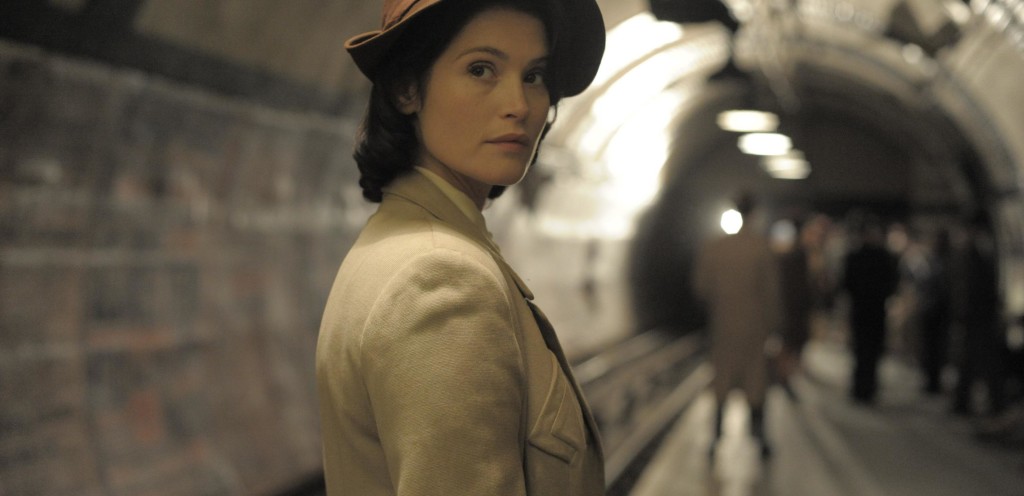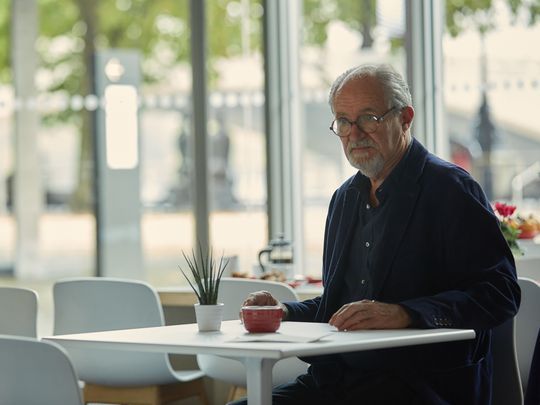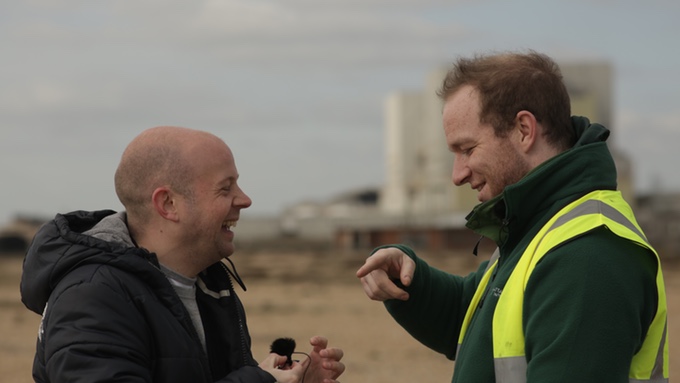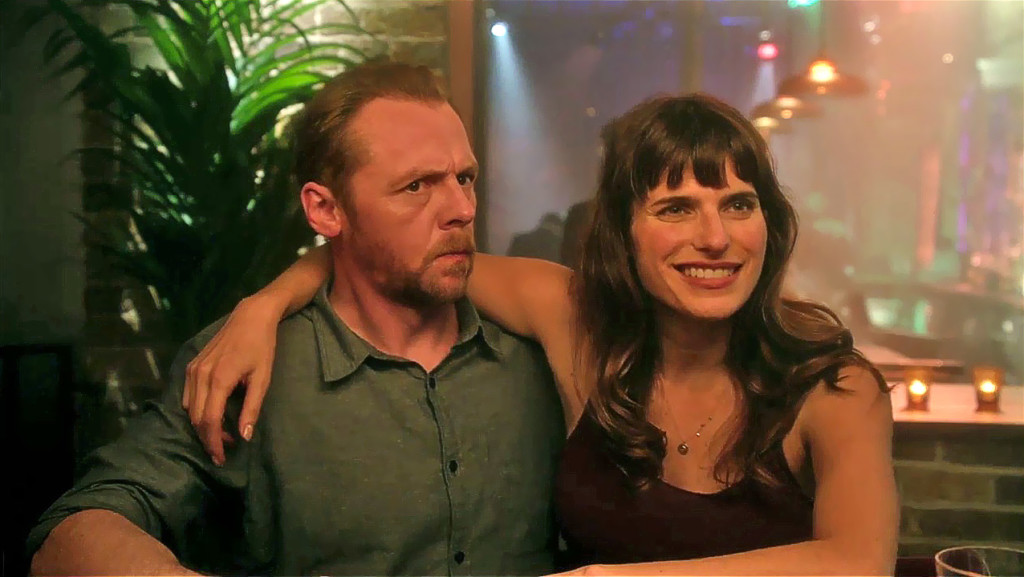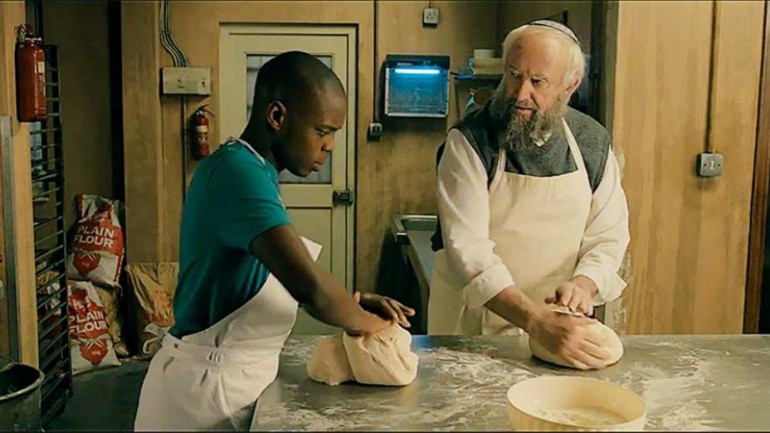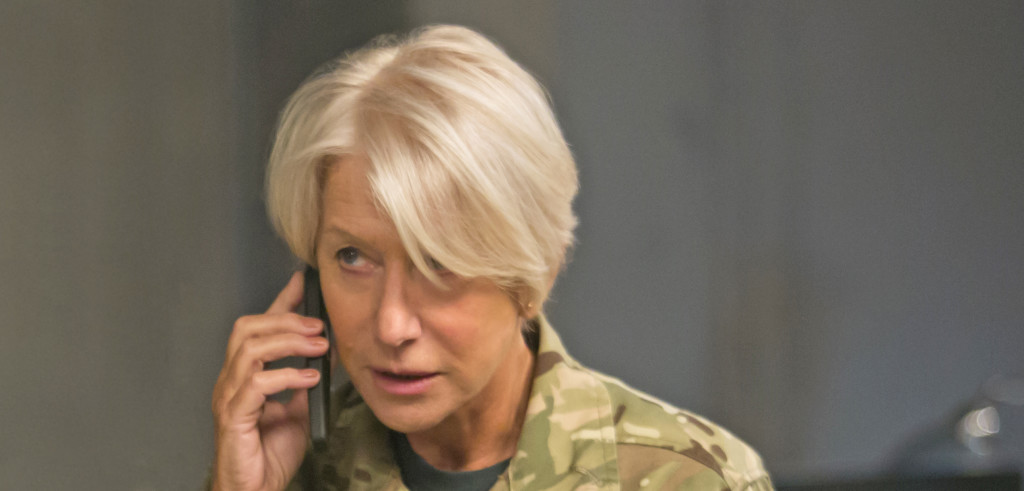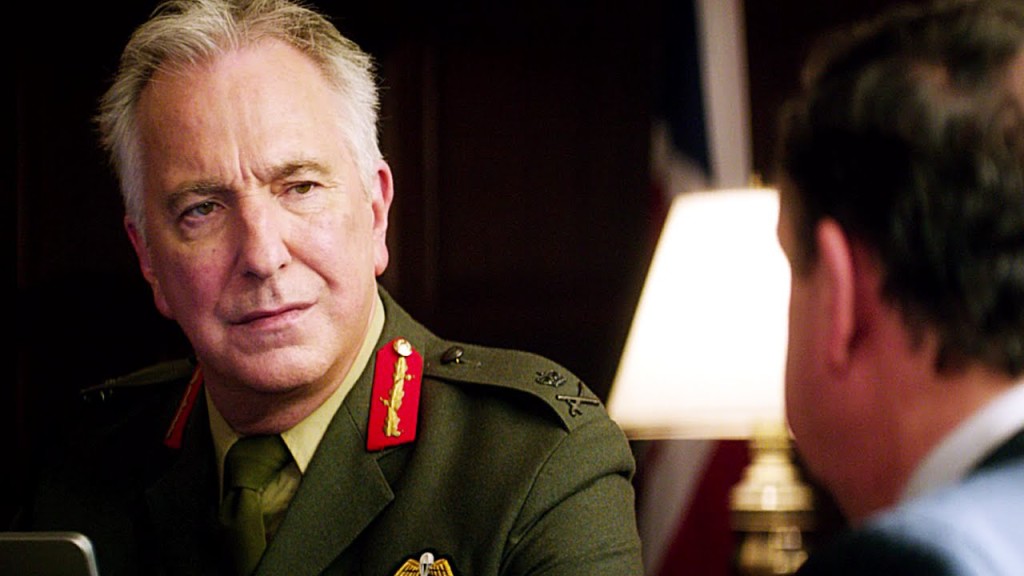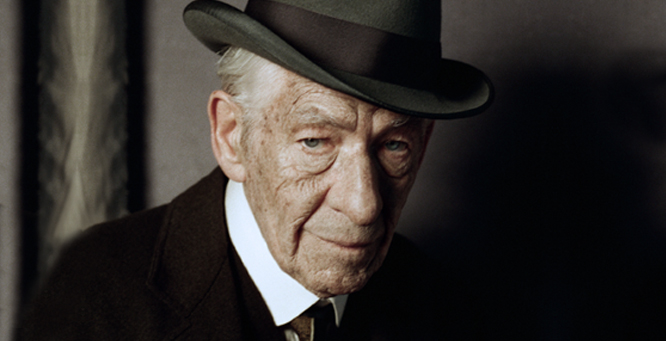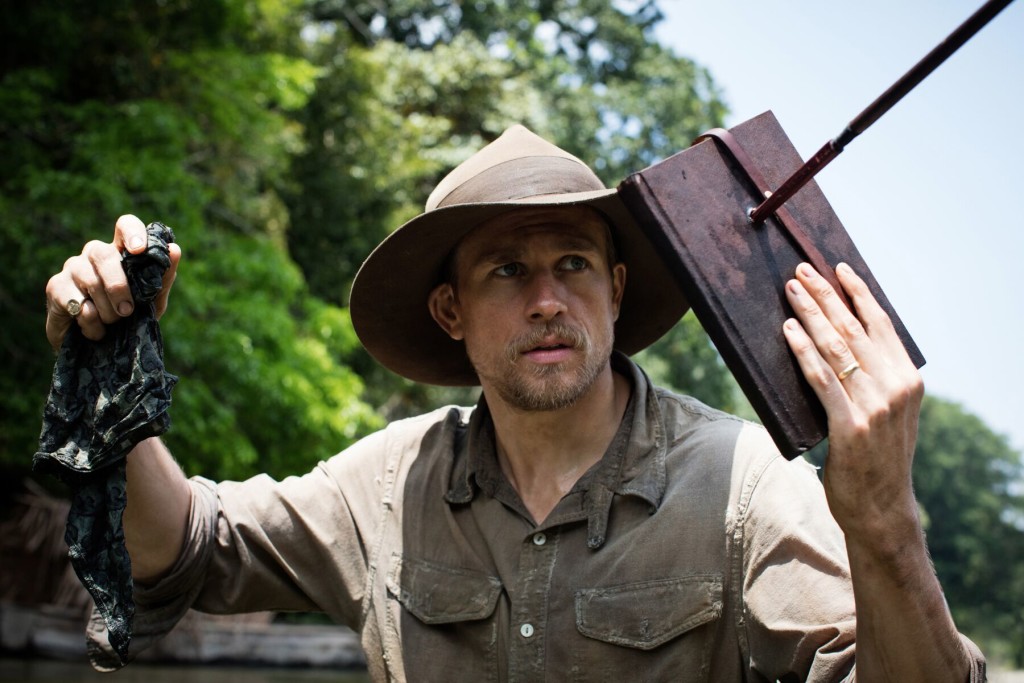
photo courtesy of SFFILM
In auteur James Gray’s sweeping turn of the 20th Century epic The Lost City of Z, a stiff-upper-lip type British military officer becomes the first European to probe into the deepest heart of unmapped Amazonia. Finding his way through the lush jungles, braving encounters with sometimes cannibalistic indigenous warriors, he becomes obsessed with finding the lost city of an ancient civilization. I know this sounds like Indiana Jones, but it’s based on the real life of Percy Fawcett as chronicled in the recent book Lost City of Z by David Grann.
The Lost City of Z opens tomorrow in Bay Area theaters. I saw The Lost City of Z at the San Francisco International Film Festival (SFFILMFestival) at a screening with director James Gray. I’ll be sharing some snippets from Gray’s Q & A on Sunday.
The Lost City of Z begins with an Edwardian stag hunt through the verdant Irish countryside, complete with horses spilling riders. This scene is gorgeous, but its point is to introduce the young British military officer Percy Fawcett (Charlie Hunnam) as a man of unusual resourcefulness, talent and, above all, drive. Despite his abilities, he has been chaffing at the unattractive assignments that have precluded his career advancement. In the snobby Edwardian military, he has been in disfavor because his dissolute father had stained the family name. One of Fawcett’s commanders says, “He’s been rather unfortunate in his choice of ancestors”.
That yearning to earn the recognition that he believes he merits – and to attain the accomplishments of a Great Man – is the core of this character-driven movie. Fawcett resists yet another assignment away from the career-making action, a mapping expedition designed to have a minor diplomatic payoff. But it takes him on a spectacular Amazon exploration that brings him celebrity – and backing for more high-profile expeditions. Fawcett was surfing the zeitgeist in the age of his contemporaries Roald Amundsen (South Pole), Robert Peary (North Pole) and Howard Carter (King Tut).
In that first expedition, Fawcett becomes convinced that he can find the magnificent city of a lost civilization deep in the Amazon, a city he calls Z (which is pronounced as the British “Zed”). The Lost City of Z takes us through two more Amazonian expeditions, sandwiched around Fawcett’s WW I service in the hellish Battle of the Somme.
That final expedition ends mysteriously – and not well.
No one knows for sure what happened to Fawcett. In The Lost City of Z, Gray leads us toward the most likely conclusion, the one embraced by Grann’s book. If you’re interested in the decades of speculation about Fawcett’s fate, there’s a good outline on Percy Fawcett’s Wikipedia page.
Fawcett comes with his own Victorian upper class prejudices, but he has the capacity to set those aside for a post-Darwin open-mindedness. Gray made it a point that the indigenous peoples in the movie are independent of Fawcett; Gray shows them living their lives in a world that Fawcett has found, not just advancing the plot points in Fawcett’s quest. Four real tribes – and their cultures – are shown in the film.
As Percy Fawcett, with his oft-manic obsession and fame-seeking that color his scientific curiosity and his old-fashioned Dudley Do-Right values, Charlie Hunnam gives a tremendous, perhaps carer breakthrough, performance. He’s been a promising actor in Sons of Anarchy and the overlooked thriller Deadfall) (and such a good actor that I never dreamed that he’s really British). Hunnam will next star as the title character in the King Arthur movie franchise.
Robert Pattinson is unexpectedly perfect as Fawcett’s travel buddy Henry Costin. With his Twilight dreaminess hidden behind a Smith Brothers beard, Pattinson projects a lean manliness. It’s probably his best performance.
Sienna Miller shines as Fawcett’s proto-feminist wife Nina. I first noticed Miller (and Daniel Craig) in the underrated neo-noir thriller 2004 Layer Cake. Now Miller is still only 35 years old and has delivered other fine recent performances in Foxcatcher, American Sniper and (in an especially delicious role) High-Rise.
Director James Gray (The Yard, Two Lovers, The Immigrant) is a favorite of cinephiles and of other filmmakers, but regular audiences don’t turn out for his movies. That may change with The Lost City of Z, a remarkably beautiful film that Gray shot, bucking the trend to digital, in 35 mm. The jungle scenes were filmed in a national park in Columbia. The cinemeatographer is the Oscar-nominated Darius Khondji. Khondji shot The Immigrant for Gray and has been the DP of choice for David Fincher (Se7en) Alan Parker (Evita), Michael Haneke (Amour), and Woody Allen (Midnight in Paris). Along with the stag hunt and the voyages up and down the jungle rivers, there is also a breathtakingly beautiful ballroom scene and a gaspingly surreal nighttime discovery of a rubber plantation’s opera house deep in the jungle.
There have been other Lost Expedition movies, most famously Werner Herzog’s Aquirre, the Wrath of God and Fitzcarraldo. The Lost City of Z shares an obsession, a quest and a mysterious tragic end with those films, but it stands apart with its exploration of the motivation of a real life character and the authenticity of Gray’s depiction of the indigenous people.
Movie studios used to make an entire genre of very fun movies from Gunga Din and The Four Feathers through Lawrence of Arabia and Zulu that featured white Europeans getting their thrills in exotic third world playgrounds. We often cringe at the racist premises and the treatment of “the natives” those movies today. Since the 1960s, the best examples of the genre, like Raiders of the Lost Ark, have had an ironic tinge. With The Lost City of Z, James Gray loses both the racism and the irony, and brings us brings a straight-ahead exploration tale.
The Lost City of Z revives the genre of the historical adventure epic, with all the spectacle of a swashbuckler, while braiding in modern sensitivities and a psychological portrait. This is a beautiful and thoughtful film. The Lost City of Z is available on DVD from Netflix and Redbox and to stream from Amazon, iTunes, Vudu, YouTube and Google Play.
Also see my notes from the director James Gray’s Q & A at the San Francisco International Film Festival.[And here are some completely random tidbits. There’s a cameo by Spaghetti Western star Franco Nero. The closing credits recognize the “animal weath coordinator” and the “data wrangler”.]

